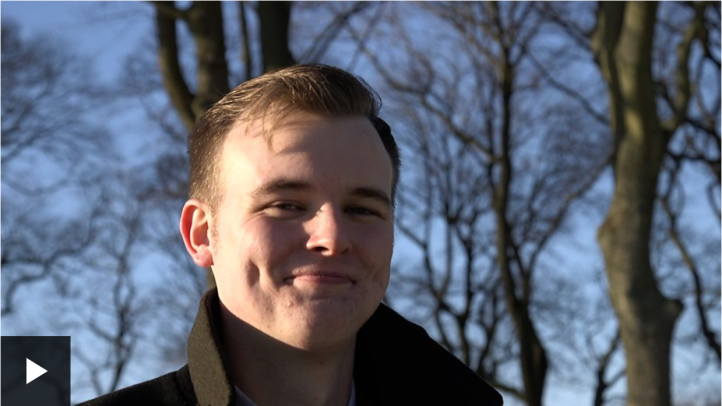The Sutherland Science with Travelling Scholars is the inaugural issue of an upcoming Sutherland Science Festival. The festival has been held between 6th and 17th March 2018, roughly aligned with the British Science Week (9-18 March 2018). We have been invited along to support the festival with our trademark Space and Astronomy Tour (SAT) to engage with school and generals public on topics related to Astronomy and Space Exploration and Industry.
A Road 750 Miles Long…
As part of the festival programme, a mix of school and public events was delivered. In total, we travelled 1230km (approx. 750miles) and delivered a total of 14 different events and sessions. A map of all schools and venues in Sutherland visited by the tour is shown on the map below.
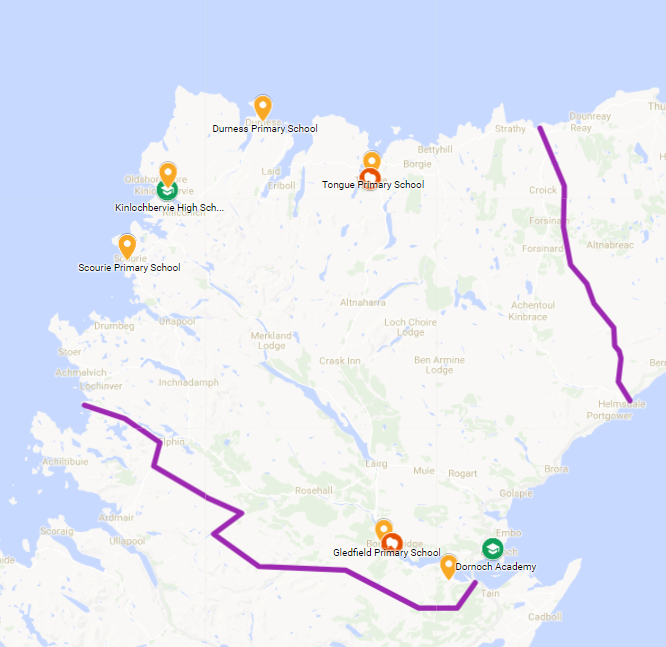
We have met with pupils from six primary schools in Sutherland, namely Scourie Primary School, Kinlochbervie Primary School, Durness Primary School, Tongue Primary School, Gledfield Primary School and Edderton Primary School. The classroom activities included Meteorite Handling, examining a Space Payload (Skylark 140 and 141 missions) and Constellation Making.
Amongst the secondary schools, the tour visited Dornoch Academy and Kinlochbervie High, at both of which we delivered talks about Space Exploration and Astronomy research (including interacting with the Space Payload and Infra-red Camera) as well as the emergence of Space Industry in Scotland, including many future academic and job opportunities. This tied in with the national SpaceCareers.uk programme of outreach.
We have also delivered two public events entitled From Dark Skies to Outer Space in the Kyle Centre in Tongue on Wednesday, 7th March and in The Hub at Bonnar Bridge on Thursday, 8th March. These events also included a mix of content, highlighting the current work across Scotland on access, research and utilisation of Space.
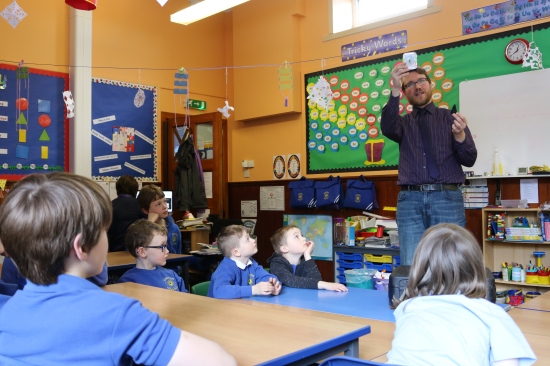
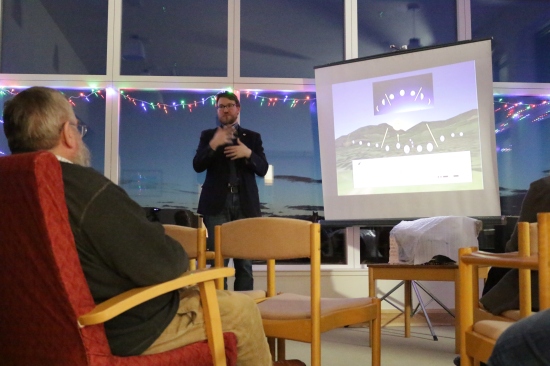
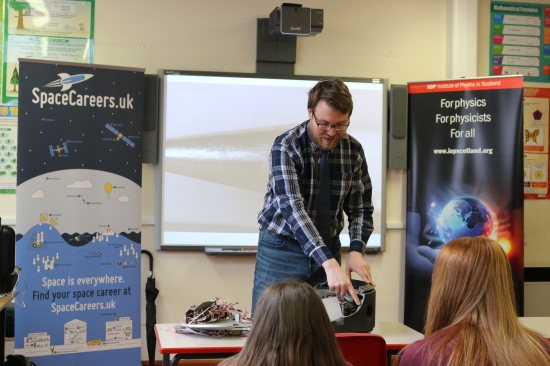
Meeting the Sutherland Community
The tour reached 191 people in total, of which nearly 75% (139) were children. We have also interacted with 37 other local residents outside the school visits, in particular through the two public events. Given this is a hard-to-reach remote rural community, such high numbers of attendees and high levels of engagement can be understood as a significant success.
Several very positive comments were received both from schools as well as from the public audiences. One of the attendees ever wrote as a thank you e-mail noting:
“I attended last night at The Hub in Bonar Bridge and I took my daughter along, we both really enjoyed the talk and she insisted we stop on the way back to look at the stars, Orion was in full view between the clouds…”How many is 1 with 22 zeros after it?” she asked. “A lot” was the best I could do.”
In many of post-event interactions, there were very specific references to the high value of our effort to reach out to the more remote communities. This is one of these comments:
“I thought I should drop you a line to say ‘thank you’ for making the effort to travel up to the Highlands to give your talk Dark Skies to Outer Space. […] We don’t get the same opportunities to take our kids along to these things as parents in the cities so it is very much appreciated when people like yourself make the effort to come up.”
We believe, however, that the public engagement interaction should be grounded in an open and honest two-way dialogue. In particular, in our engagement with the community at Tongue, we were informed of a severe lack of public discourse over the proposed Melness/Sutherland spaceport. It became clear that the developers have not been engaging the local community, past the direct landowners, in the development of the proposal. This led us to take steps to inform relevant stakeholders that a public forum over these matters should be initiated.
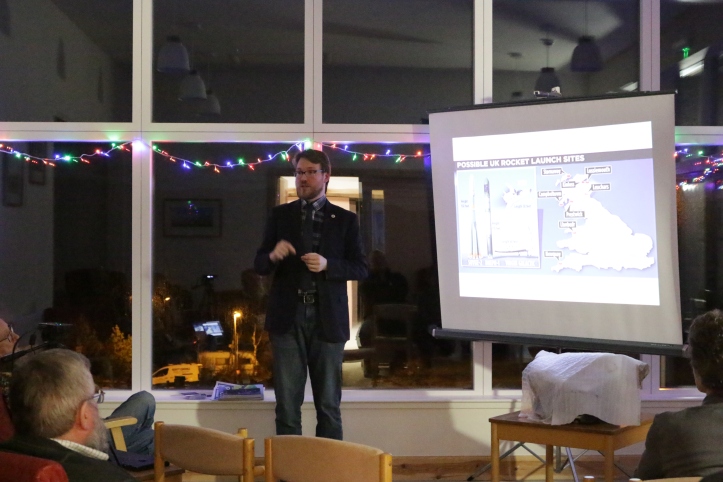
This project benefited from funding from a SpaceCareers.uk / UKSEDS public engagement grant and a significant investment through the British Science Association (BSA) Community Connecting Grant and BSA regional branch funds. We are very grateful for their support and this amazing opportunity to bring the cutting edge in Astronomy and Space Science Research, as well as the Scottish Space Sector development, to communities across Sutherland.

